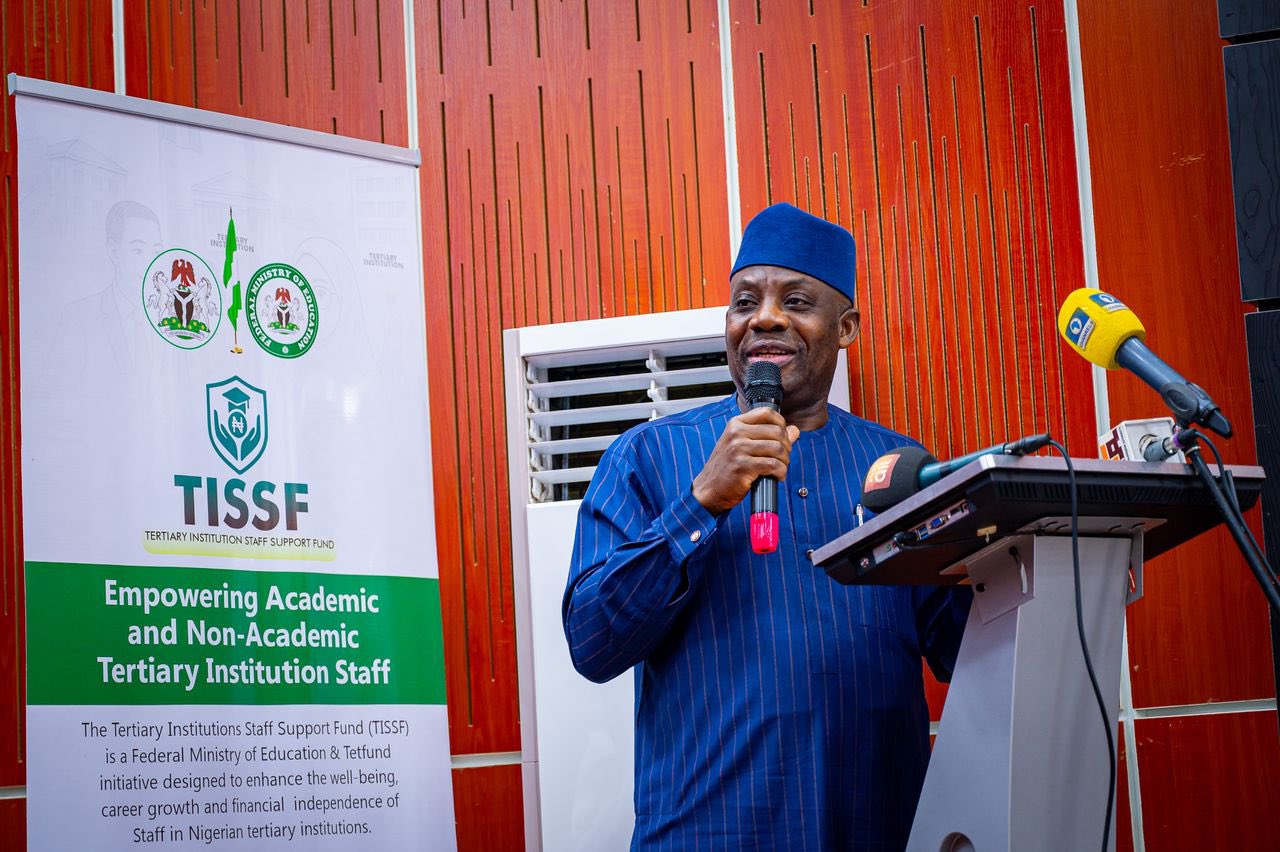
Education experts in the country are divided over the Federal Government’s proposal to shift from the old 9-3-4 to 12-4 system.
Minister of Education, Dr. Tunji Alausa, on Thursday, made the proposal, in Abuja, at the 2025 Extraordinary National Council of Education meeting, the highest education policy-making body in Nigeria.
The minister hinted that some of the issues influencing the convening of the extraordinary National Council of Education meeting include an introduction of a 12-year basic education system in Nigeria’s education framework and the approval of a national policy on bullying, among others.
He argued that a 12-year model will also guarantee that students receive a more comprehensive and continuous learning experience. He said this would improve educational outcomes and contribute to a more educated populace that drives Nigeria’s economic development.
In an exclusive chat with top education experts, the move by the federal government to do away with the present 9-3-4 system, which consists of nine years of basic education, three years of senior secondary education, and four years of tertiary education, was described as a welcome development while others believed it could spell doom for the country’s educational system.
According to Mrs Olufowowe, the retired principal of Irede Secondary School, Ifako, Agege, Lagos State, the move to embrace the new system is a decision too drastic, adding that Nigeria is not ready to cope with the demand for a 12 straight years system of education.
”I think Nigeria is not ready for that system at the moment. The government is still grappling with teacher’s poor remuneration under the 9-3-4 and here we are proposing a straight 12 years in both primary and secondary school. Most of our schools are poorly funded. The new system will not flourish until the government allocates a higher budget for education,” she said.
Mr Musbau Adewole, a former SUBEB director, hinted that while the idea is a welcome development since change is constant, the government should embrace vocational training and tech skills rather than deploy its energy in scrapping the 9-3-4 system.
“Our education system should give compulsory room for vocational training and tech skills because the world is changing and our educational system should be adjusted to fit into the new world. The problem is that we failed to admit that Nigeria’s pre-colonial system of education is archaic. The future is tech. AI is taking over. Acquiring tech skills should be a must in our educational system,” he said.
AYI
Another expert, who pleaded anonymity, berated the minister for mulling the idea, describing it as a ploy to waste the country’s scarce resources at a time the citizens are struggling to enjoy the basic needs of life.
“I disagree with the minister because we shouldn’t be talking about this in the first place. How many of their children are in schools in Nigeria today? A government that struggles to pay lecturers need not compound its problems. Stick with the old system and focus more on providing the basic amenities that Nigerians need,” he said.
“Eating two square meals is a major challenge today, yet the government plans to increase electricity tariffs next month. Changing the education system is just like when the national anthem was changed to the old one.”






